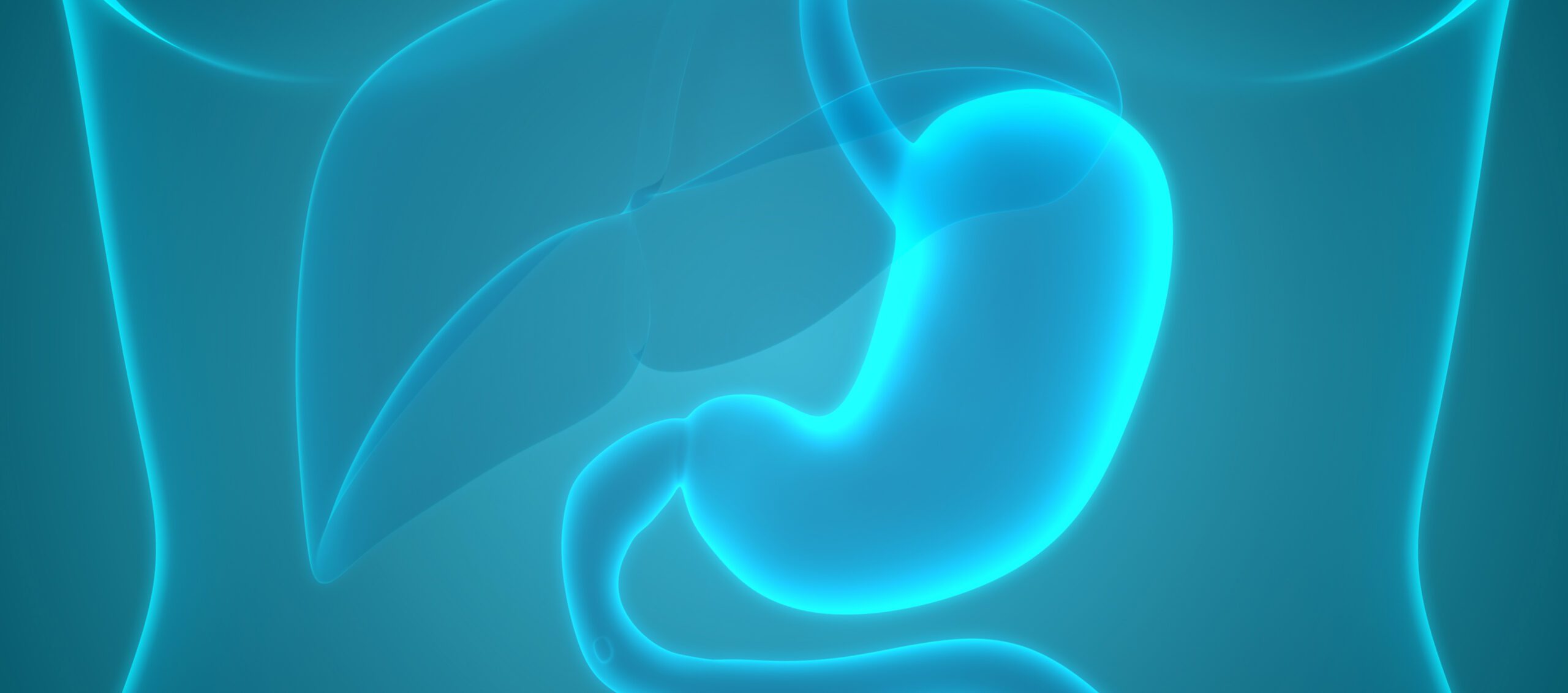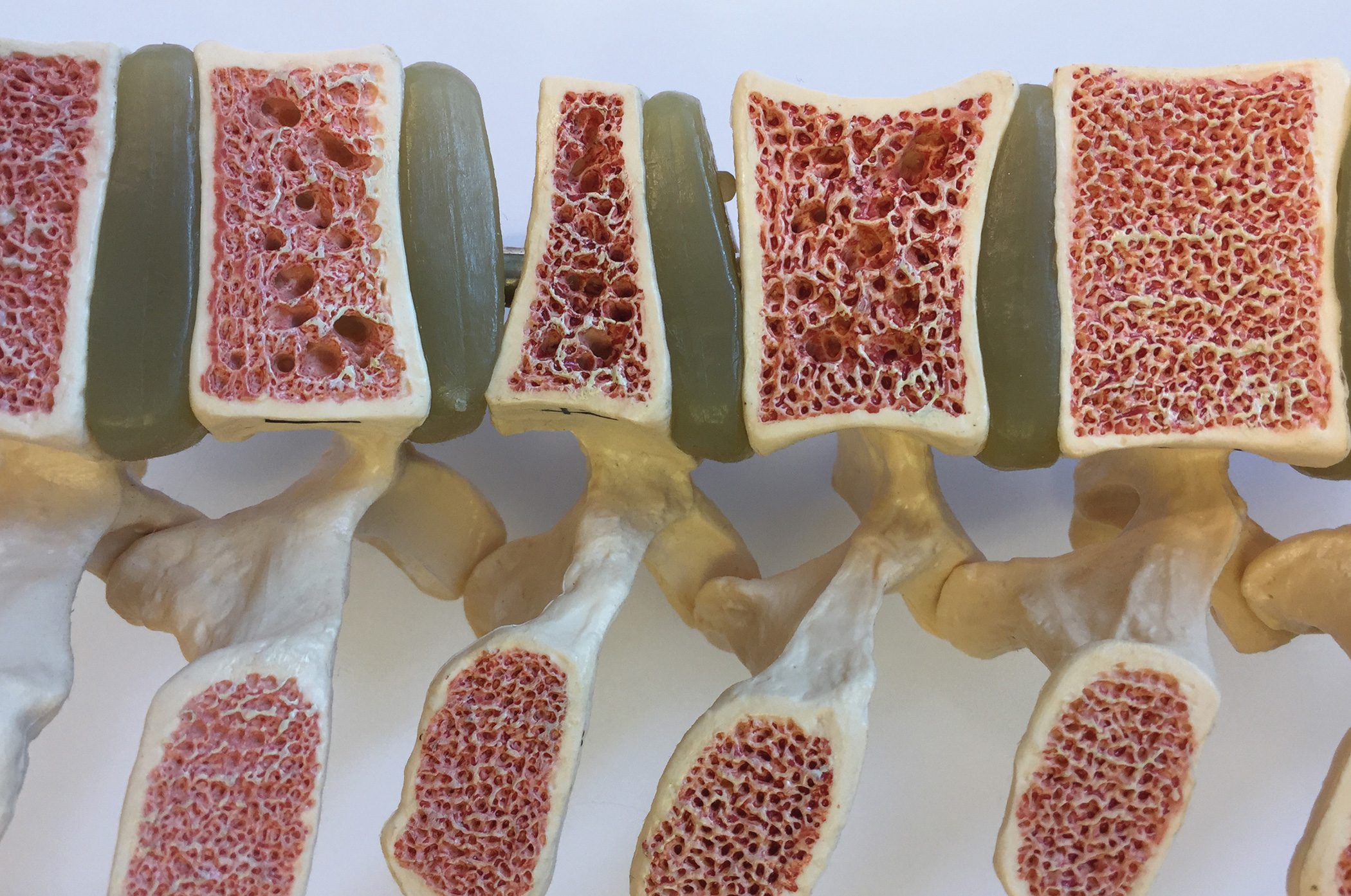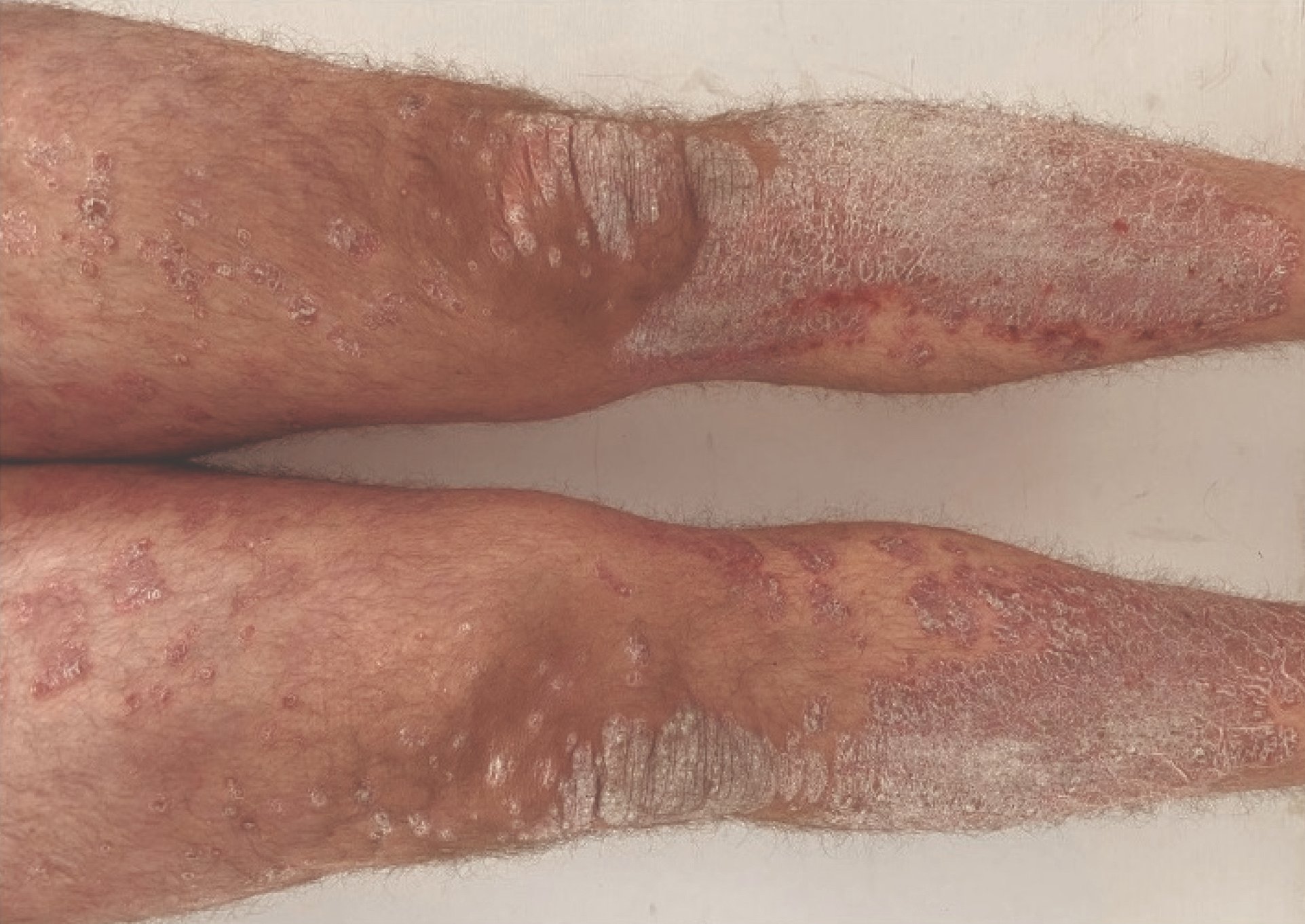Thyroid surgery is associated with a lower long-term risk of major adverse cardiovascular events (MACE) in patients with hyperthyroidism compared to thyroid medications, according to study results published in JAMA Network Open.
(red) The main treatments for hyperthyroidism include thyroid medication, radioactive iodine and surgery. However, there is little data available on the long-term benefits and risks of the three treatment strategies. The researchers conducted a nationwide cohort study from 2011 to 2020 using the Taiwan National Health Insurance Research Database. The patients were 20 years or older and had a newly diagnosed hyperthyroidism. Patients were categorized according to treatment received within 18 months of hyperthyroidism diagnosis. People who were prescribed thyroid medication, treated with radioactive iodine or underwent thyroid surgery before the index date were excluded from the study. Other exclusion criteria were thyroid cancer or pregnancy within 12 months prior to the diagnosis of hyperthyroidism. The primary endpoints were all-cause mortality and MACE, a combination of acute myocardial infarction (MI), stroke, heart failure and cardiovascular mortality.
The study included a total of 114,072 patients, 93.9% of whom were taking thyroid medication exclusively, 1.1% of whom were treated with radioactive iodine and 5.1% of whom underwent thyroid surgery. The average age of the patients was 44.1 years (SD, 13.6) and 73.2% were women. After an average follow-up period of 4.4 years (SD, 2.5), the researchers found a lower risk of MACE in patients treated with radioactive iodine (hazard ratio [HR]0.45; 95% CI, 0.22-0.93; p=0.03) and surgery (HR, 0.76; 95% CI, 0.59-0.98; p=0.04) compared to patients who received thyroid medication alone. The risk of acute myocardial infarction and stroke was not significantly different between the treatment groups.
These results suggest that surgery or [radioaktives Jod] may be a better choice than long-term treatment with thyroid medication in patients with hyperthyroidism who are at risk of an acute heart attack. Compared to the thyroid medication group, patients who underwent surgery had a significantly lower risk of:
- heart failure (HR, 0.33; 95% CI, 0.18-0.59; p<0.001);
- cardiovascular mortality (HR, 0.45; 95% CI, 0.26-0.79; p=0.005); and,
- all-cause mortality (HR, 0.53; 95% CI, 0.41-0.68; p<0.001).
The risk of MACE was lower in younger patients aged 20 to 54 years who underwent surgery (HR, 0.61; 95% CI, 0.40-0.94; p=0.02) than in those who received thyroid medication alone. The thyroid medication cohort had the highest relapse rate (63.5%), followed by the radioactive iodine cohort (38.2%) and surgical treatment (17.3%). Younger patients aged 20 to 54 years compared to patients aged 55 years and older tended to have a higher relapse rate (62.6% compared to 55.7%).
Limitations of the study include difficulties in distinguishing between Graves’ disease and toxic nodular disease, possible indication and information bias, and the overall infrequent use of radioactive iodine in Taiwan. These results suggest that surgery or radioactive iodine may be a better option than long-term treatment with thyroid medication in patients with hyperthyroidism who are at risk of MACE, the researchers concluded.
Source: Peng CC, Lin YJ, Lee SY, et al: MACE and hyperthyroidism treated with medication, radioactive iodine, or thyroidectomy. JAMA Netw Open. Published online March 4, 2024. doi: 10.1001/jamanetworkopen.2024.0904.
CARDIOVASC 2024; 23(1): 40












